
Intermittent vomiting that lasts longer than one to two weeks is medically referred to as chronic gastritis. It is typified by inflammation of the stomach. The stomach lining can be irritated by chemical irritants, drugs, foreign bodies, or infectious agents. Hyperacidity syndromes, where more than normal amounts of hydrochloric acids (the stomach acids that aid in digestion) are excreted into the stomach, will also result in inflammation of the stomach’s lining over the long-term.
Long-term allergen exposure or an immune-mediated disease (where the body's own anti-bodies attack the tissues of the body) may also produce long-term inflammation of the stomach’s lining.
Chronic gastritis is ultimately caused by inflammation of the stomach. Underlying factors that may induce this include:
You will need to give your veterinarian a thorough history of your cat's health, onset of symptoms, as many details of your cat's symptoms as possible so that your doctor has an idea of which direction to begin looking, and possible incidents that might have led to this condition (such as diet, changes in home life, recent illnesses, etc.).
Your veterinarian will perform a thorough physical exam and order bloodwork, including a chemical blood profile, complete blood count and urinalysis. The bloodwork will tell your veterinarian how dehydrated your pet is, how much blood your pet has lost, if the disease is long-term, if the disease is caused by a faulty immune system or liver disease, if your pet has ulcers or if your pet has some other disease of the organs that is causing the stomach inflammation.
Abdominal X-rays, contrast X-rays, and an abdominal ultrasound can help to determine the underlying cause of the stomach’s inflammation. A biopsy of the stomach is essential for diagnosis, since this will tell your veterinarian the exact composition of the stomach lining and fluid that is affecting the tissue within the stomach cavity, or whether a tumor is present. Your doctor may use ultrasound imaging to guide a fine needle biopsy for analysis, or a diagnostic tool called an endoscope, which is a tubular device with a camera and biopsy tool attached. Endoscopy can be useful for taking samples of the stomach and for removing foreign objects that may have found their way into the stomach.
A fecal floatation should also be done to check for intestinal parasites. In some cases surgery may be required to resolve the condition, such as when something large has been swallowed, or when a tumor is present, for example.
Your cat may not need to be hospitalized unless it has been vomiting very severely and needs immediate fluid therapy. After the initial treatment you will need to work with your veterinarian, keeping track of your cat's response to the diet and/or medications that have been prescribed and letting your veterinarian know so that adjustments can be made as needed.
If your cat becomes very dehydrated or begins vomiting severely again, take it to the veterinary hospital immediately for surveillance and fluid therapy.
You should return with your cat to the veterinarian weekly for complete blood counts, and then return every four to six weeks if your pet is on drugs (i.e., Azathioprine, chlorambucil), which suppress bone marrow (since blood cells are produced in the bone marrow). Diagnostic work-ups should be done with each visit, and another sample of the stomach for analysis at a laboratory should be considered if signs of stomach inflammation decrease, but do not entirely go away.
Be sure not to give any painkillers to your cat on your own, unless your veterinarian has specifically prescribed them and then only as prescribed. Avoid any foods that cause stomach irritation or allergic response in your cat. If you have any questions ask your veterinarian to help you to create a meal plan while your cat is recovering.
In addition, do not let your pet roam freely, as it may eat whatever it wants to eat and will be vulnerable to chemical and environmental toxins and parasites.
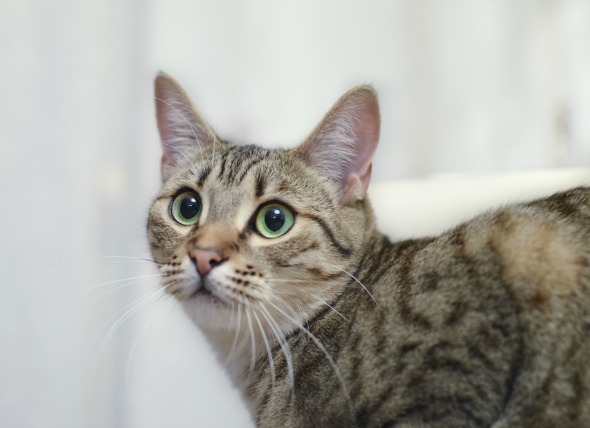 Inflammation of the Middle and Inner Ear in Cats
Otitis Media and Otitis Interna in Cats
Ot
Inflammation of the Middle and Inner Ear in Cats
Otitis Media and Otitis Interna in Cats
Ot
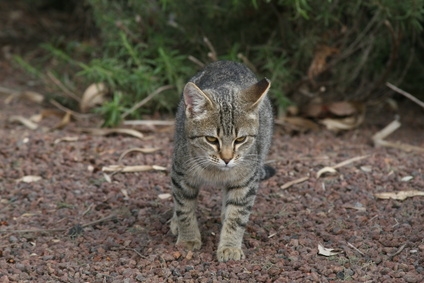 How to Keep Cats Out of Your Yard
How to Keep Cats Out of Your Yard
How
How to Keep Cats Out of Your Yard
How to Keep Cats Out of Your Yard
How
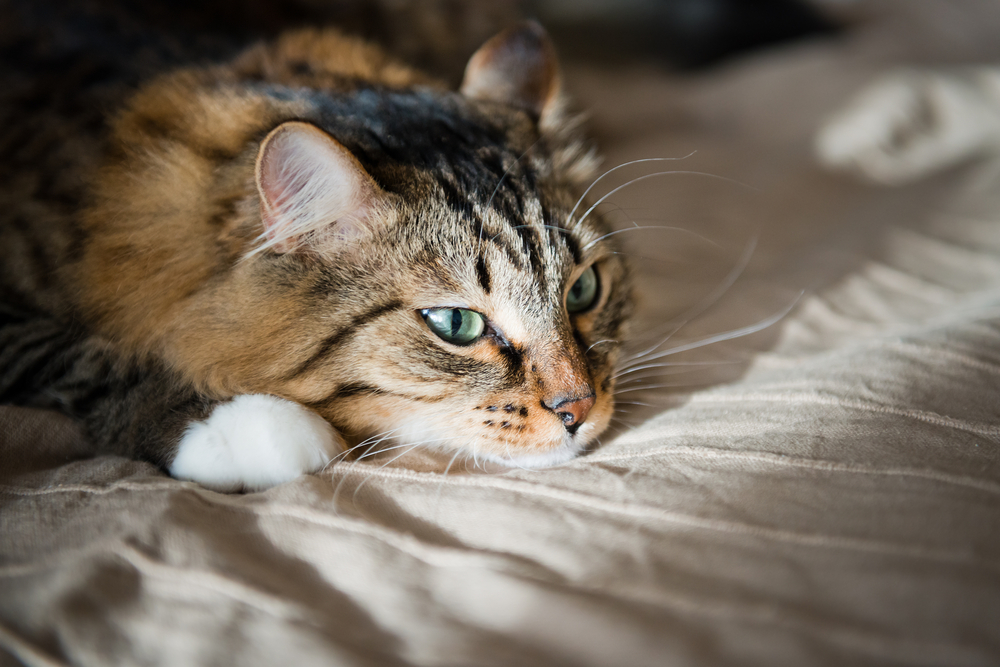 Wart Virus in Cats
Papillomatosis in Cats
The term papillomatosis is
Wart Virus in Cats
Papillomatosis in Cats
The term papillomatosis is
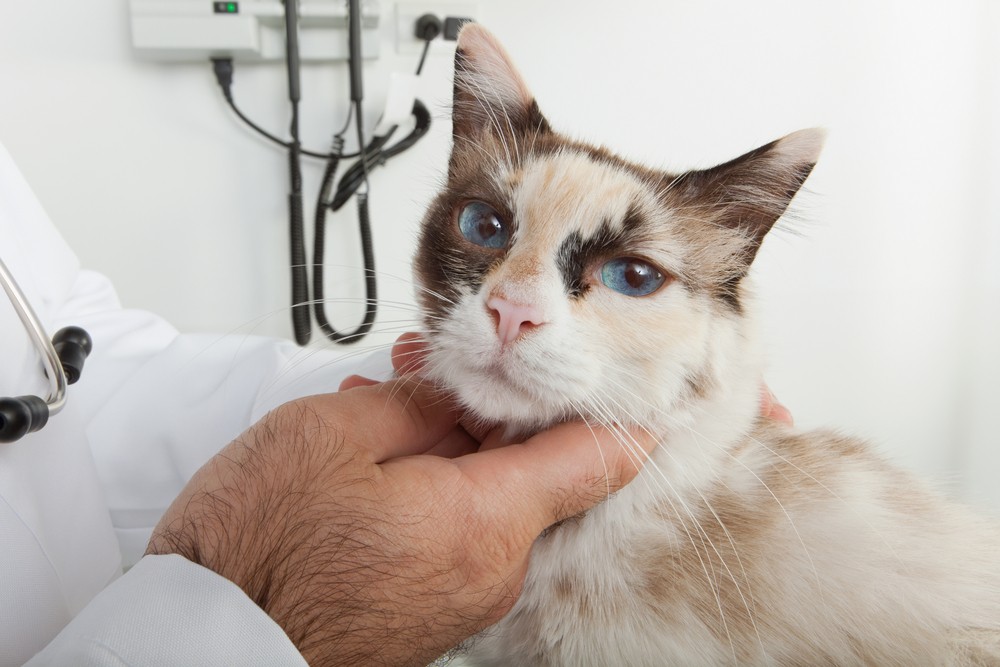 Nose Cancer in Cats
Nasal Adenocarcinoma
Nose cancer (or nasal adenoc
Nose Cancer in Cats
Nasal Adenocarcinoma
Nose cancer (or nasal adenoc
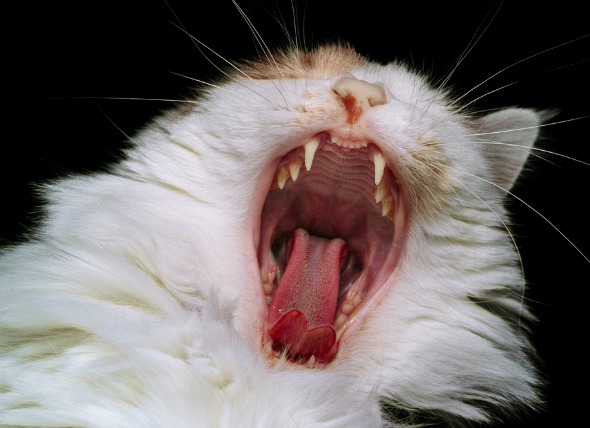 Upper and Lower Jaw Fracture in Cats
Maxillary and Mandibular Fractures in Cats
The ma
Upper and Lower Jaw Fracture in Cats
Maxillary and Mandibular Fractures in Cats
The ma
Copyright © 2005-2016 Pet Information All Rights Reserved
Contact us: www162date@outlook.com